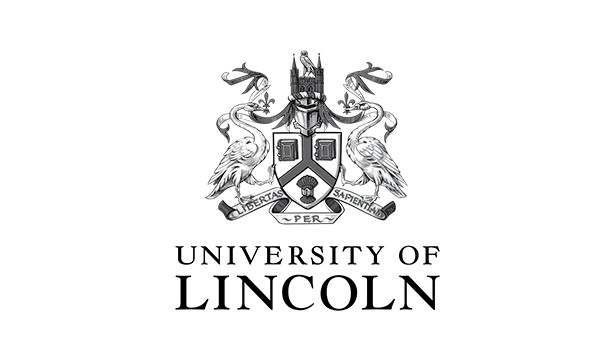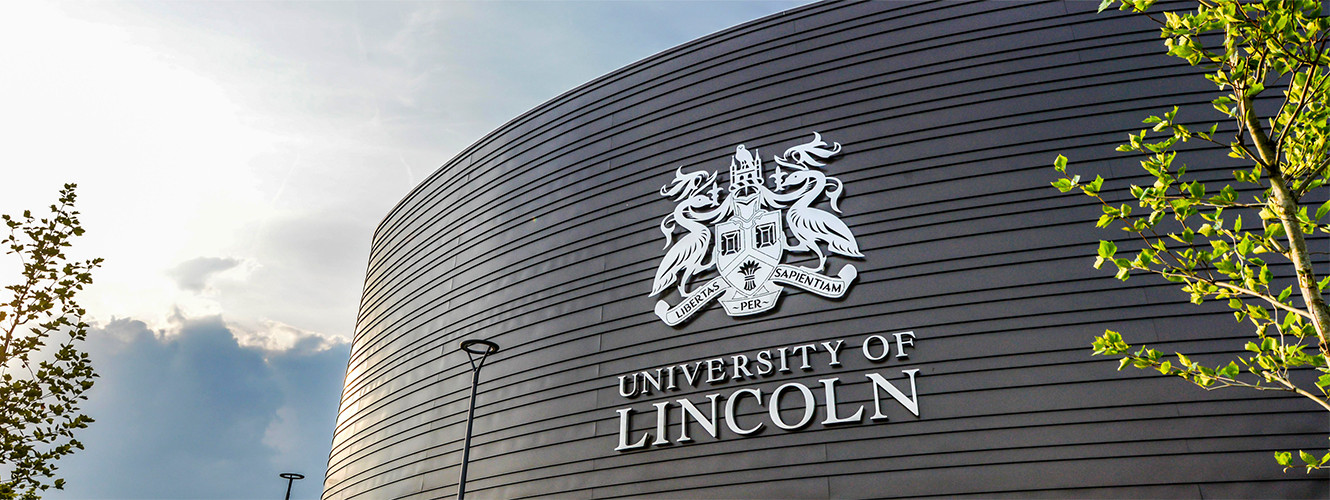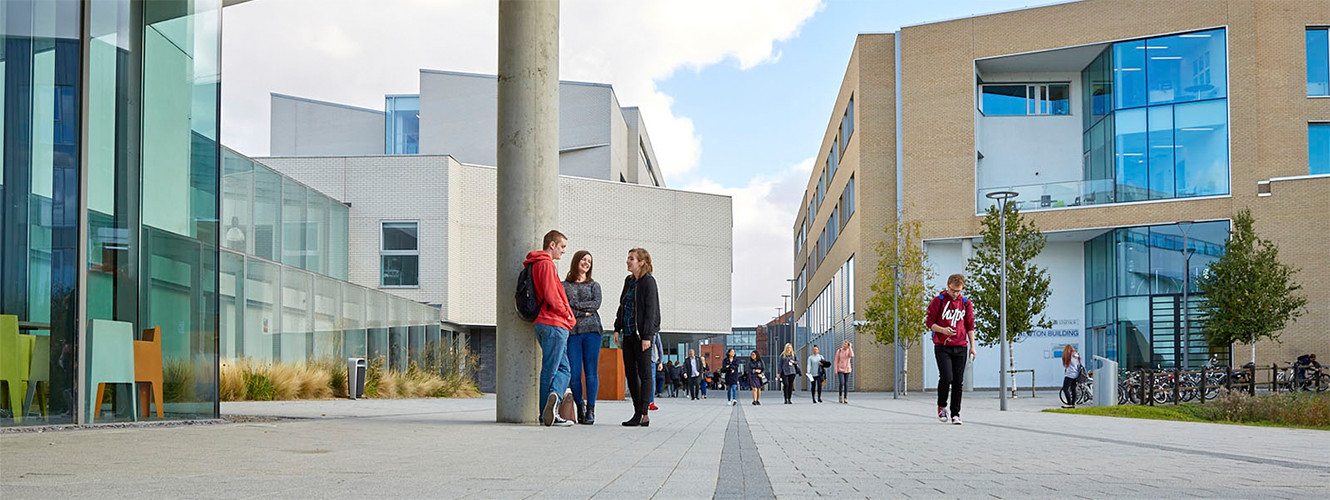UK65 BEng (Hons) Biomedical Engineering University of Lincoln
-
THÔNG TIN CHUNG
Biomedical engineering is a multidisciplinary field that combines biology and engineering, applying engineering principles and materials to medicine and healthcare. From developing and improving new machinery, such as robotic surgery equipment, to creating better and more reliable replacement limbs, the work of biomedical engineers is helping to pave the way for new methods of treating injuries and diseases.
This research-informed programme aims to develop industry-ready graduates with product design and innovative sense who are highly skilled and creative biomedical engineers, able to adapt to new challenges and deliver sustainable solutions for modern society.
Project-based learning is a key feature of the programme and students can undertake group product design and development projects in the first and second years. Students will also have the opportunity to design and develop a working medical device.
-
CƠ HỘI NGHỀ NGHIỆP
Biomedical engineering represents a new area of medical research and product development, with biomedical engineers working to pave the way for new methods of helping to treat injuries and diseases. As medicine is a field with vast numbers of specific disciplines, there are many different sub-fields in which biomedical engineers may work.
Some work to improve and develop new machinery, such as robotic surgery equipment, while others endeavour to create better, more reliable replacement limbs (or parts which help existing limbs function better, such as joint replacements).
This course is designed to develop the knowledge and skills needed to maximise students' career prospects across the field. This includes key transferable skills in research, working to deadlines, project development, critical analysis, communication, team working, and problem-solving.
Biomedical engineers may become involved in a multitude of different roles including the design of medical devices, modelling and simulation of human physiology and anatomy, supporting hospitals in clinical and financial governance of existing medical equipment, development of artificial organs, computer-simulated or image-guided surgery, robot-assisted surgery, development of orthopaedic implants, medical imaging, assistive technologies, and mobile and e-health. - ĐIỀU KIỆN ĐẦU VÀO
- ĐIỀU KIỆN NGÔN NGỮ
- HỌC BỔNG
- ĐỊA ĐIỂM
Tóm tắt
-
Phí ghi danh
0
-
Độ dài khoá học
3 năm
-
Kỳ nhập học
Tháng 9
Phí Cơ Bản
-
Loại Tiền
-
Học Phí
Trên năm -
Phí Sinh Hoạt
Trên năm -
Tổng






